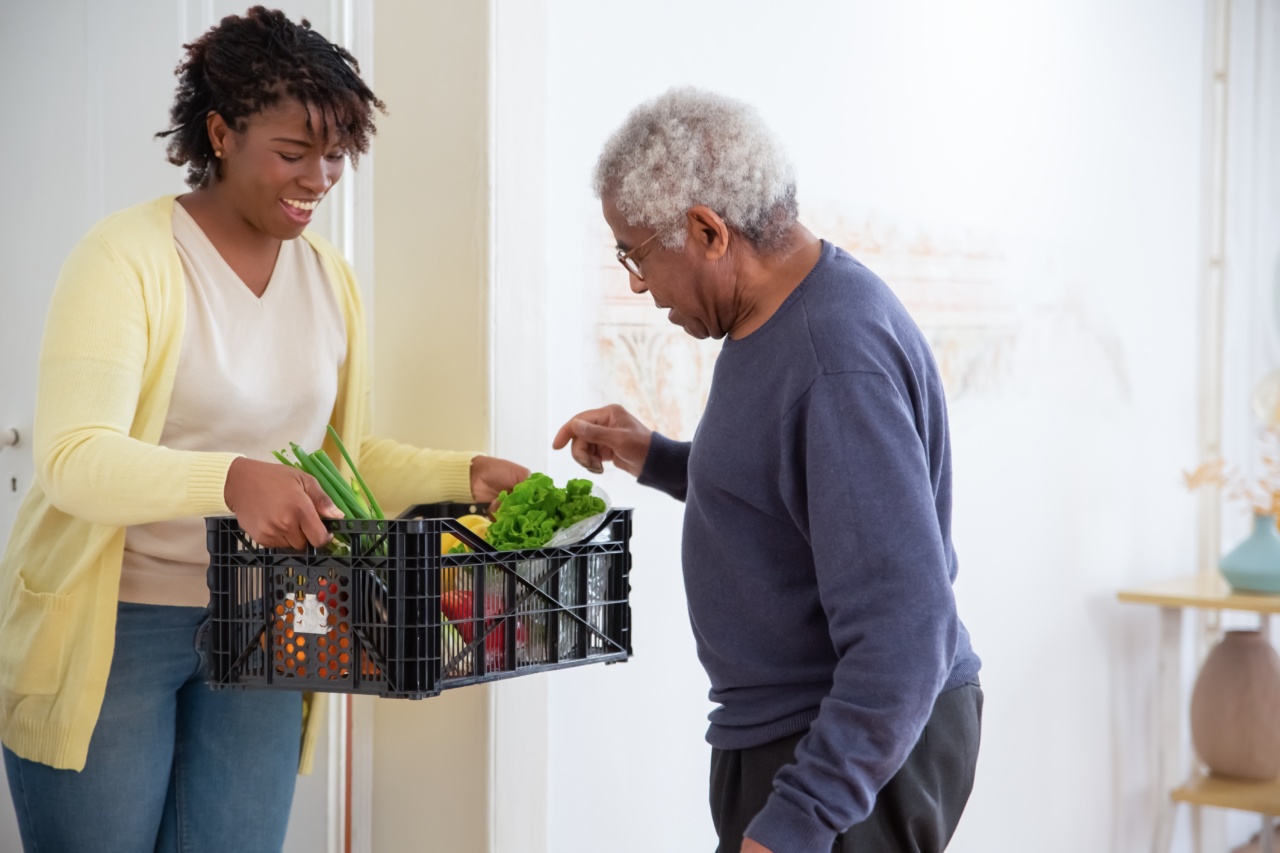Food poisoning is a common and distressing condition that occurs after consuming contaminated food or drinks. It can lead to a range of symptoms, including nausea, vomiting, stomach cramps, diarrhea, and fever.
While food poisoning usually resolves on its own within a few days, there are several steps you can take to alleviate the symptoms and promote faster recovery. In this article, we will discuss some immediate relief measures for food poisoning symptoms.
1. Stay Hydrated
One of the most important steps in managing food poisoning symptoms is to stay hydrated. Vomiting and diarrhea can lead to fluid loss, which can quickly dehydrate the body.
Make sure to drink plenty of fluids, such as water, clear broths, and electrolyte-rich drinks like sports drinks or oral rehydration solutions. Avoid caffeinated or alcoholic beverages, as they can further dehydrate you.
2. Rest and Relax
Resting is crucial when dealing with food poisoning symptoms. Your body needs time to recover and heal. Avoid strenuous activities and get plenty of sleep. Resting will give your digestive system a break and allow it to focus on repairing itself.
3. Over-the-Counter Medications
Over-the-counter medications can provide temporary relief for certain food poisoning symptoms. Antidiarrheal medications, such as loperamide or bismuth subsalicylate, can help control diarrhea.
However, it’s essential to consult a healthcare professional before taking any medication, as they may not be suitable for everyone or may interact with other medications you are taking.
4. Ginger
Ginger has long been used as a natural remedy for various digestive issues, including nausea and vomiting. Ginger can help soothe an upset stomach and alleviate these symptoms.
You can consume ginger in various forms, such as ginger tea, ginger chews, or adding fresh ginger to your meals. However, if your symptoms persist or worsen, it’s important to seek medical attention.
5. Peppermint
Peppermint is another herb known for its calming effect on the digestive system. Peppermint tea or peppermint oil capsules can help reduce stomach cramps and bloating associated with food poisoning.
However, some people may experience worsened symptoms or heartburn with peppermint, so it’s important to proceed with caution and discontinue use if it aggravates your condition.
6. BRAT Diet
The BRAT diet is a bland diet consisting of bananas, rice, applesauce, and toast. This diet is often recommended for individuals recovering from stomach illnesses like food poisoning.
These easily digestible foods can help ease nausea, vomiting, and diarrhea. However, it’s crucial to gradually reintroduce a balanced and nutritious diet once your symptoms have improved.
7. Probiotics
Probiotics are beneficial bacteria that can help restore the balance of gut flora, especially after a bout of food poisoning. These live microorganisms can be found in certain yogurt and fermented foods.
Probiotic supplements are also available over the counter. Consult with a healthcare professional to determine the appropriate probiotic strain and dosage for your condition.
8. Avoid Certain Foods and Substances
While recovering from food poisoning, it’s important to avoid certain foods and substances that can further irritate your digestive system. Spicy, fatty, or greasy foods should be avoided, as they can trigger or worsen symptoms.
Additionally, it’s advisable to steer clear of caffeine, alcohol, and tobacco, as they can contribute to dehydration and delay your recovery.
9. Hygiene and Food Safety
Prevention is always better than cure. To prevent food poisoning in the future, practice good hygiene and food safety measures. Wash your hands thoroughly before handling food and after using the bathroom.
Cook food thoroughly, especially meats, and avoid cross-contamination by separating raw and cooked foods. Refrigerate leftovers promptly and discard any food that looks or smells suspicious.
10. Seek Medical Attention
If your symptoms are severe, persistent, or accompanied by other concerning symptoms such as high fever, blood in stool, or severe abdominal pain, it’s essential to seek medical attention immediately.
These symptoms may indicate a more severe form of food poisoning or a different underlying condition that requires medical intervention.



























